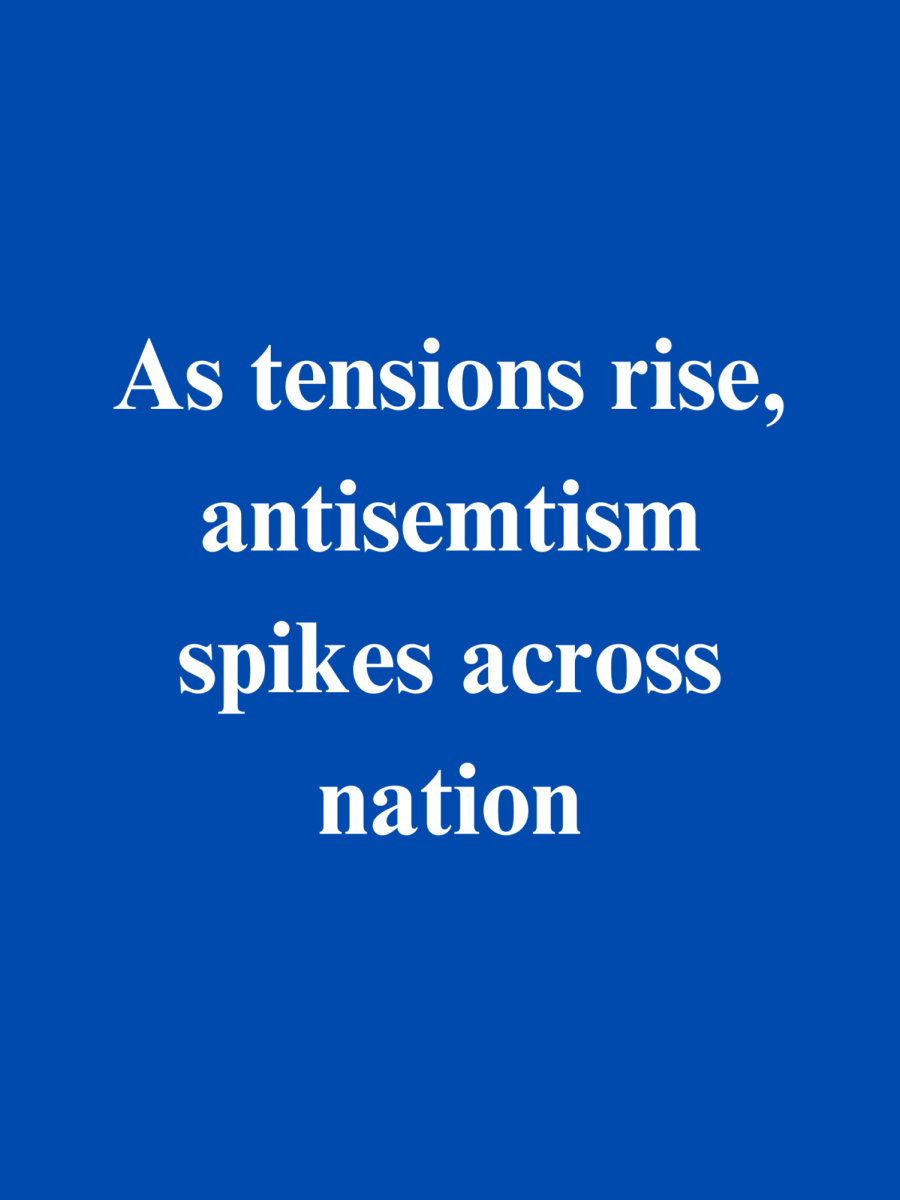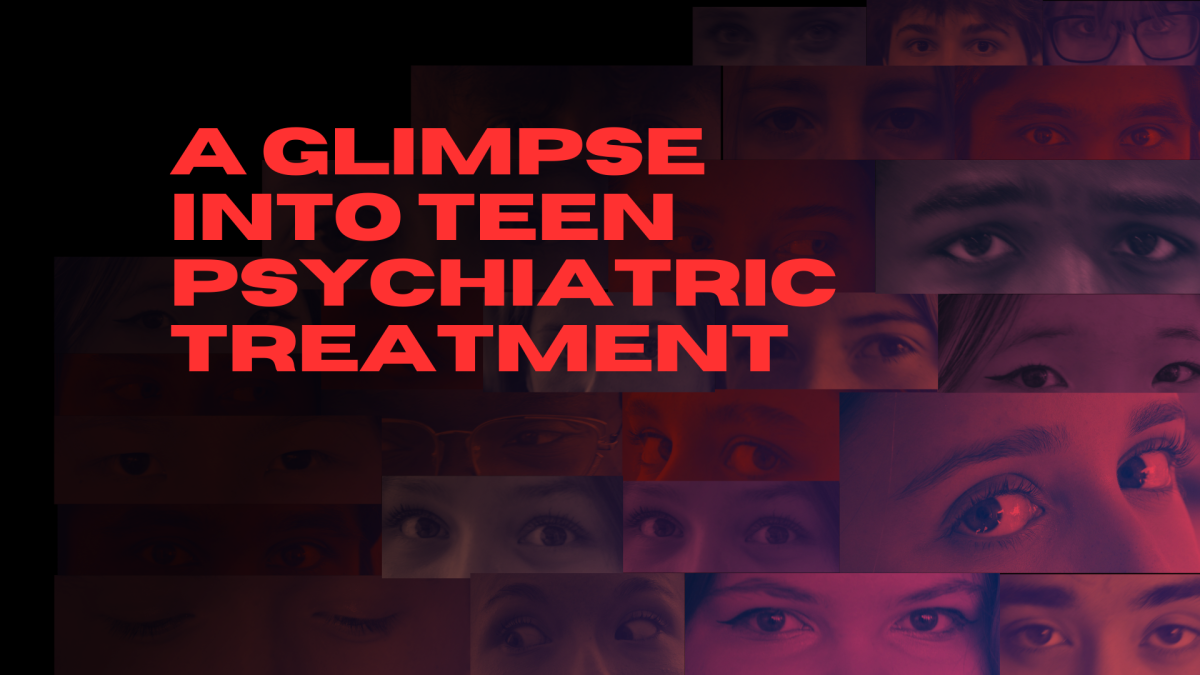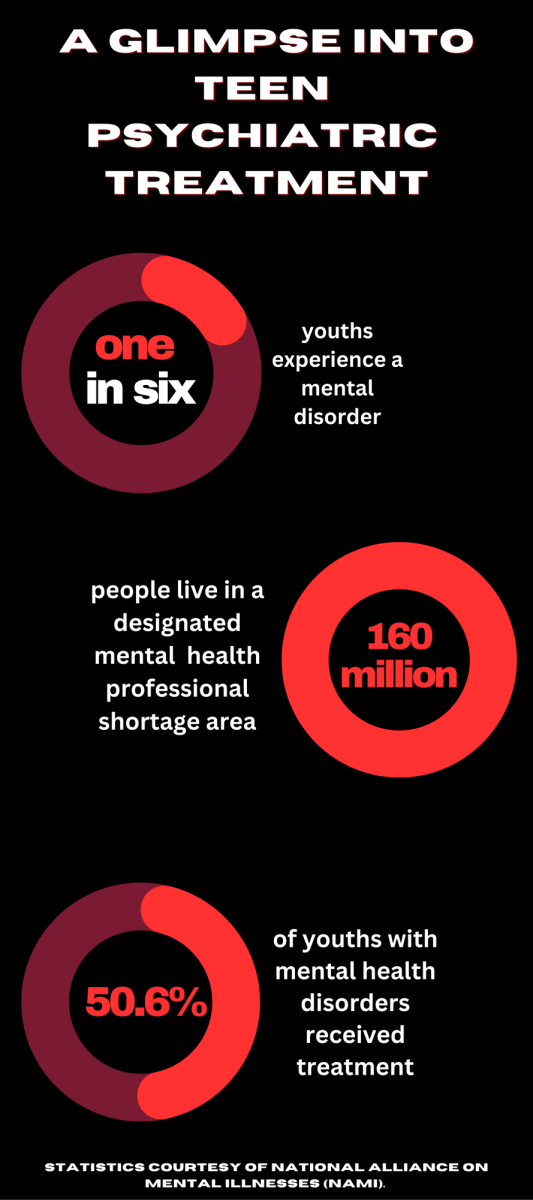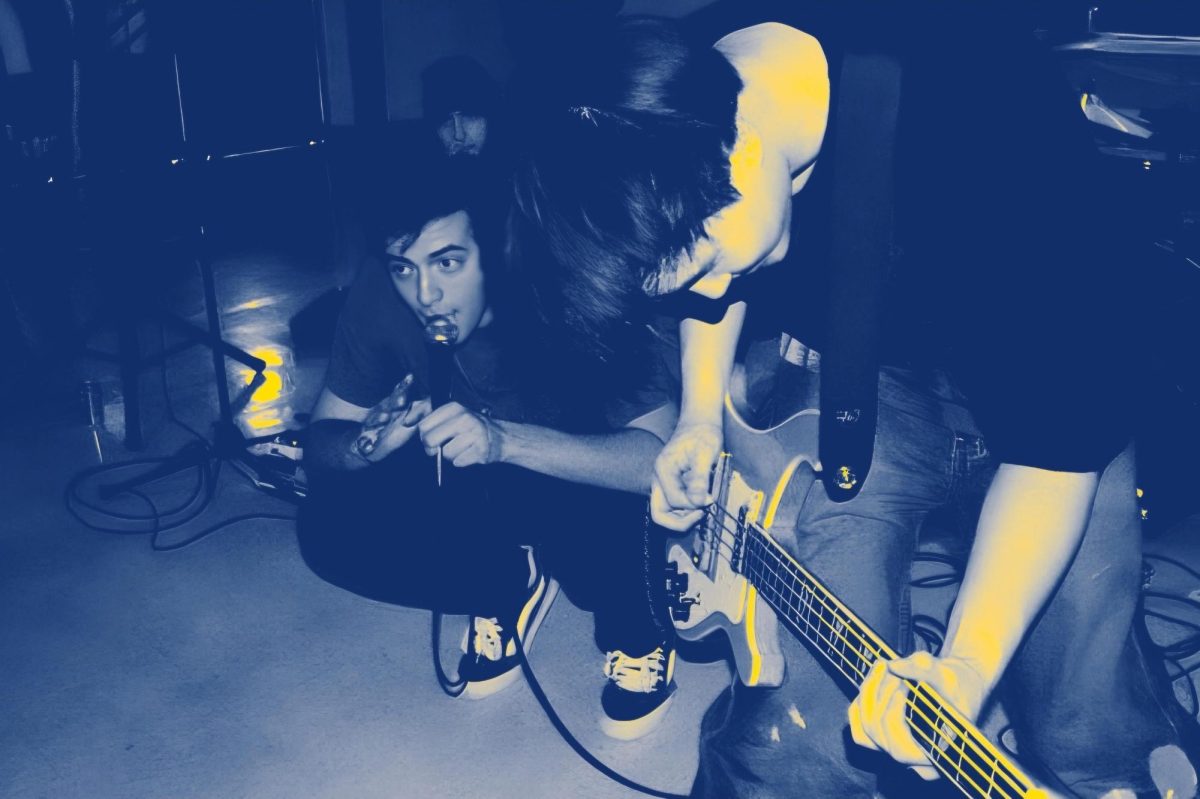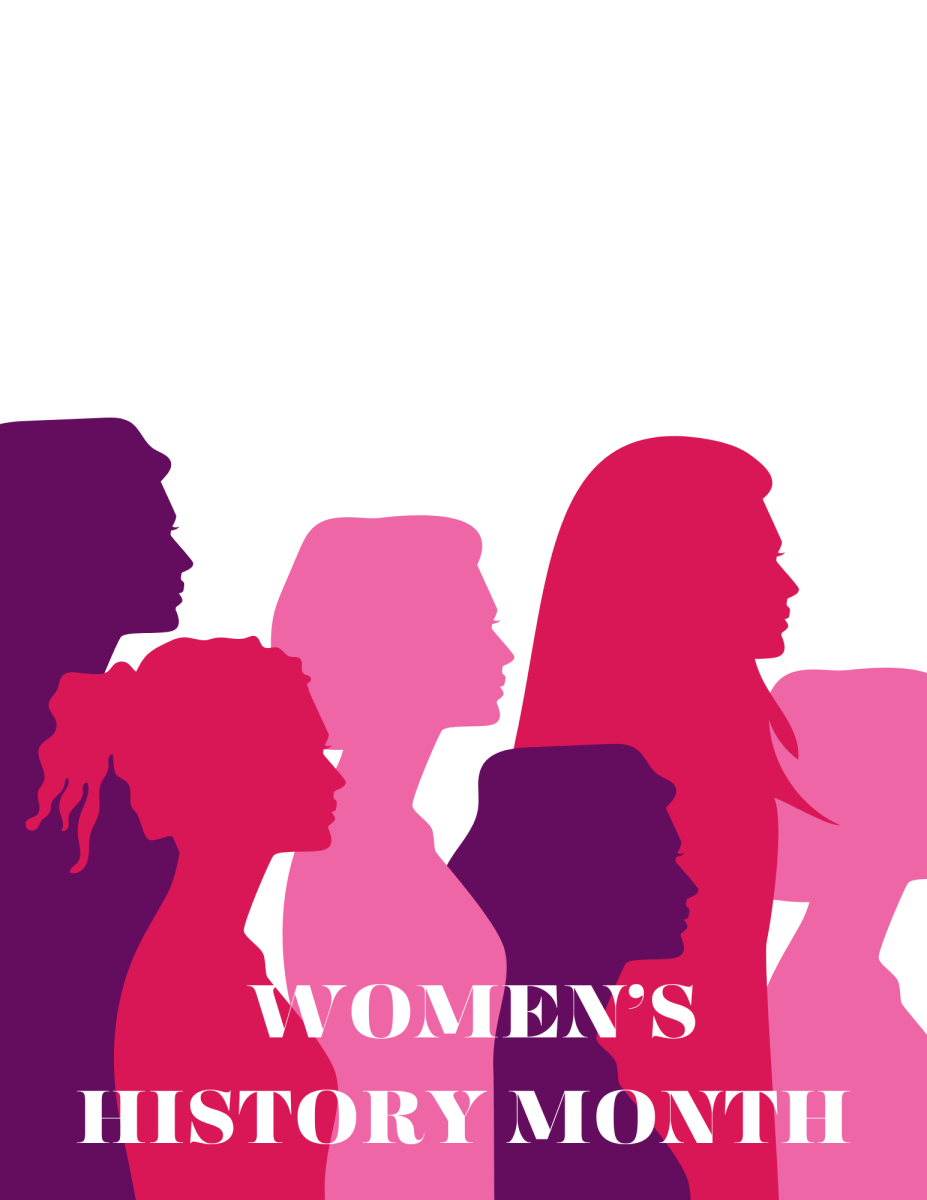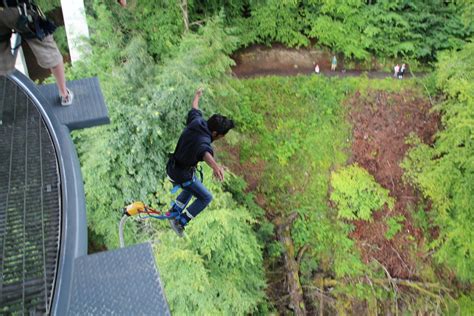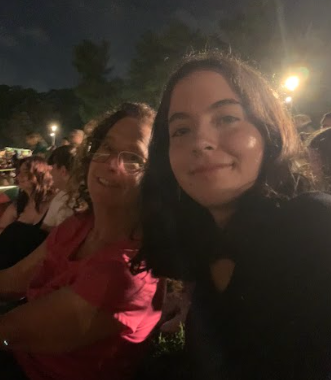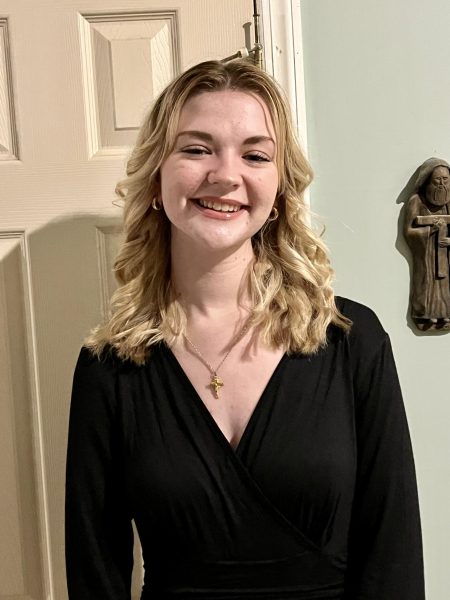This previously ran in our December 2023 print issue.
As the horrors and humanitarian crises continue in the Gaza strip and surrounding areas of Israel, thousands of Israeli and Palestinian citizens desperately fight for their lives after being displaced from their homes due to bombings and violence in the region. However, Jewish people in Israel itself are not alone in facing violence — Jews in the United States face antisemitic threats and actions regularly as well. Following Hamas’ Oct. 7 attack of Israeli civilians and Israel’s subsequent invasion of Gaza, reports of antisemitic acts have gone up 337 percent, according to the Anti-Defamation League (ADL), a group committed to combating antisemitism.
Jacob Schorr, a Jewish junior at Emmaus High School, recalls antisemitic microaggressions he has faced at school.
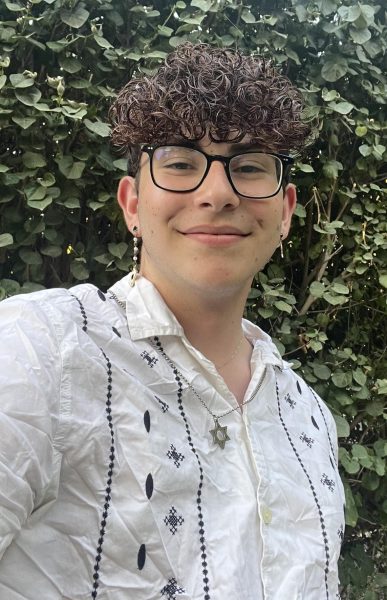
“Antisemitism is hard to find all the time because it requires [someone] to be very blatant about hating you for who you are and that can get them in a lot of trouble,” Schorr said. “But there was a guy one time who did the Sieg Heil to me.”
The Sieg Heil, or “Nazi salute,” was used by Nazi soldiers during the Holocaust and continues to be utilized as a symbol of antisemitism. Schorr, who is invested in his faith, also noted that both students and teachers have previously told him he “talks about Judaism too much.” Students looking to emotionally hurt Schorr have also used antisemitic tropes to refer to him.
“Somebody did one time tell me, ‘you dirty Jew, pick up pennies,’” Schorr said.
The person was referring to an age-old trope of referring to the Jewish people as greedy and obsessed with monetary gain. This stereotype primarily gained traction during the Middle Ages and skyrocketed from the 18-1900s, ultimately culminating in the hateful rhetoric preceding the Holocaust.
Schorr is not alone in his experiences. The ADL reports that as of Nov. 29, 73 percent of Jewish college students experienced and/or witnessed an act of antisemitism during the 2023-24 school year alone. Jewish students themselves are not alone either, as 26 percent of non-Jewish students assumed to be Jewish by appearance or other characteristics faced some kind of antisemitic action as well.
While harmful stereotypes and antisemitic remarks have always been present, the conflict between Israel and Hamas has served to fuel this antisemitic rhetoric — with the ADL reporting a 36 percent increase in antisemitic incidents in 2022 alone, in which “241 incidents involved references to Israel or Zionism.” This is not the first time that the conflict has lead to an increase in antisemitic incidents either; in May 2021, after several attacks on both sides led to hundreds being injured or killed, the U.S. saw 2,717 documented antisemitic incidents — a 34 percent increase from the year before, and the highest amount since incidents began being recorded in 1979.
Locally, the effects of the rise of antisemitism are still felt deeply. Rabbi Rebecca Schorr, who is a visiting rabbi at Temple Emeth in Teaneck, N.J. and mother of Jacob Schorr, noted her own experiences with rising antisemitism in the U.S.
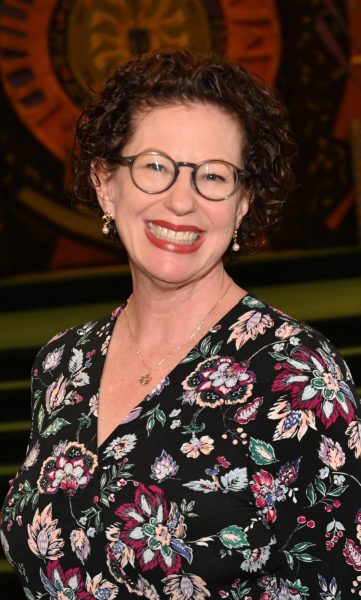
“When I go to synagogue now, the guards that are there are in SWAT gear,” Rabbi Schorr said. “I go to synagogue, and these people have big guns. We had a guard before, but it was like something shifted, as synagogues and Jewish community centers started getting bomb threats and hate mail.”
Rabbi Schorr continued, describing how the conflict has led some to attack Jewish people in the United States, falsely conflating the Jewish people with extremist Zionism and the conflict in Israel simply because of their faith.
“Very often these people are very unabashedly forthcoming about the fact that they tie their actions all together, that they are trying to stop ‘the global agenda of the Zionist to take over the world,’” Rabbi Schorr said. “And so that’s why they need to attack people who are Jewish or attack a Jewish institution.”
Rabbi Schorr notes that online, antisemitism is as prevalent as ever, taking on a whole new form.
“[Online is] where antisemitism goes absolutely unchecked. Tik Tok, by far, is the worst. I actually left Tik Tok almost two years [ago],because at that time, there was a lot of antisemitism,” Rabbi Schorr said. “I’ve toyed with going back on, except every single Jewish creator is getting so much really vile stuff.”
The Schorrs have also suffered personal tragedies because of the war between Israel and Hamas. Jacob’s former camp counselor, Gal Meir Eisenkot, the son of former IDF chief Gadi Eisenkot, was recently killed in action during a ground assault in Gaza.
“He was in the [IDF] Reserves, so he was called back up for duty,” Schorr said. “And he was doing some ground invasion and he was in one of the tunnels and a bomb went off. They brought him back to the hospital, and he just didn’t make it.”
Jacob Schorr also reflected on how he is unfairly expected to automatically have opinions on the current conflict simply because of his faith and connection to Israel.
“Whenever I start talking to people, one of the first things that gets brought up in the conversation right now is ‘What do you feel about Israel?’” Schorr said. “The fact that that was not the conversation I’m trying to have, and all of a sudden they assumed I would know something [about the conflict], is what a microaggression is.”
Despite this, Schorr still feels very passionate about Israel and its place as a homeland for the Jewish people.
“Zionism, as it was always explained to me my entire life, states the idea of Jews, first and foremost having their own homeland, but going back to their ancestral homeland, the Levant, or where Israel is currently,” Schorr said.
Many view sentiments voiced at recent pro-Palestinian protests across the nation as somewhat antisemetic, especially with their use of the slogan “from the river to the sea, Palestine will be free.” Proponents of the slogan claim it advocates for an apartheid-free Israel and equal rights for all Palestinians and Israelis, while critics say it calls for the dissolution of Israel altogether.
Rep. Susan Wild of Pennsylvania’s 7th Congressional District agrees with the latter and condemns usage of the phrase.
“I do believe that the protests which have taken place in Pennsylvania [Congressional District] 7 call for ‘from the river to the sea,’ and I believe that to be antisemitic speech,” Wild said. “That is literally a call for the eradication of Israel, and so I do not condone that, but we have had protests like that.”
Rabbi Schorr notes how the phrase can make many feel unsafe, and thereby deter them from going to Palestinian rallies.
“[The ‘sea’ and the ‘river’ cover] the entire country of Israel. That’s not simply the part that is denoted as Palestine, which is to say, Gaza and the West Bank,” Rabbi Schorr said. “So when that slogan is used, it means the utter eradication of the Jewish state and her people, and so it is chilling. It hits us very viscerally to hear that and to be in a crowd where people are screaming that. [It] is not a safe place for a Jew to go.”
Despite this, Schorr explained the issue lies not with religion but with some people misrepresenting what it stands for.
“Islam is, at its core, a religion of peace. The Palestinian people want to live in peace. So to hold a sign that talks about that or talks about genocide to Israel, things that are really overtly antisemitic, that’s going to make me uncomfortable,” Rabbi Schorr said.


